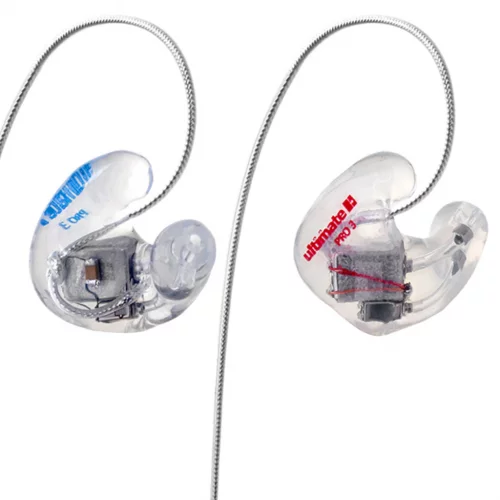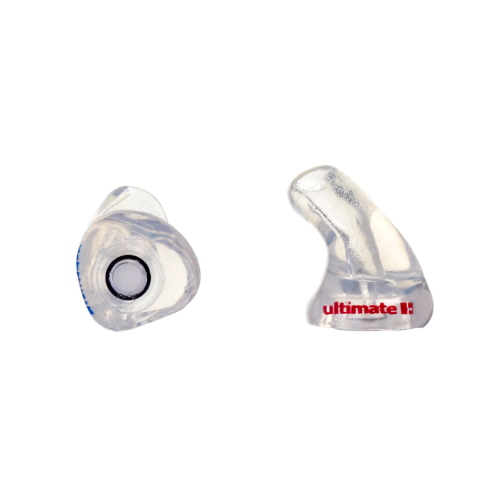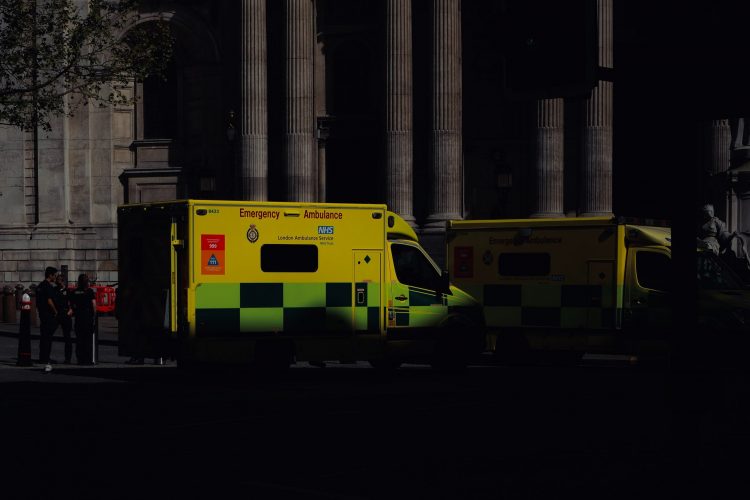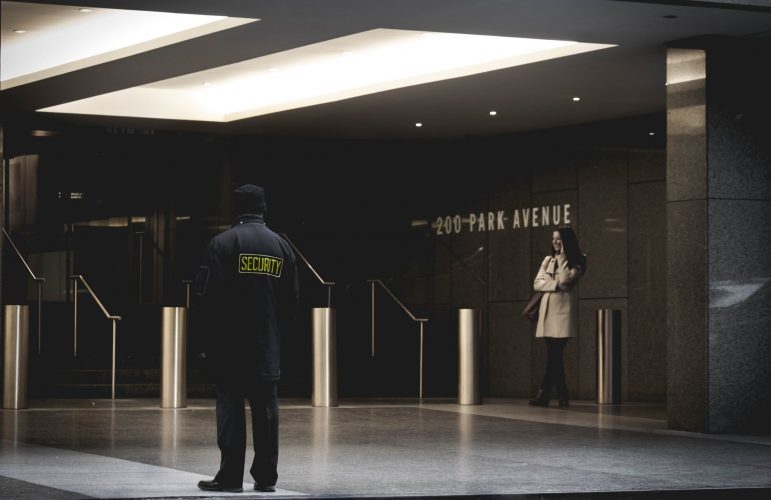Fewer people than ever are travelling on the London Underground due to the coronavirus crisis, but the memories of cramped, stressful journeys aren’t too distant. And with the promise of life returning to normal in 2021 with a mass vaccine rollout, it might be sooner than we think before we’re all back on the tube, for at least a few days a week.
While the London Underground is no doubt an efficient way to travel around the capital, it’s not necessarily the most comfortable way. On top of overcrowding and delays, the tube can be incredibly loud. We’ve all covered our ears to protect them from the sheer volume of screeching sound of breaks as the carriage hurtles through a tunnel.
Which tube journeys are the noisiest?
In 2018, a BBC investigation found that noise levels on 10 different tube journeys exceeded 105 decibels (dB) – with one journey hitting 109dB.
According to the data, the loudest journeys were:
- Liverpool Street to Bethnal Green
- Camden Town to Euston
- North Greenwich to Canary Wharf
- Kentish Town to Tufnell Park
- Vauxhall to Stockwell
- St John’s Wood to Baker Street
- Stockwell to Brixton
- Holland Park to Notting Hill Gate
- Baker Street to St John’s Wood
- Lambeth North to Waterloo
So how damaging is this noise in the long term?
Can the noise on the London Underground cause hearing damage?
Studies have shown that prolonged and repeated exposure to noise levels above 70dB can cause damage to hearing.
Dr Joe Sollini of University College London’s Ear Institute said the BBC’s data was “concerning” and noted that any workplace where workers were routinely exposed to dB levels of 85 or over would be required by law to give employees hearing protection.
Dr Sollini told the BBC: “If someone was on a noisy Tube line every day for long journeys, it is perfectly possible this could increase the risk of hearing loss and potentially tinnitus.” Responding to the findings, London Underground’s Nigel Holness said loud sections on the tube were short and sharp, and unlikely to cause hearing damage, according to the Health and Safety Executive.
Nonetheless, the high-pitched sound of screeching metal isn’t pleasant to listen to on your journey, and many commuters on the tube will opt for some kind of hearing protection.
Which earplugs shall I choose for my commute?
We will always recommend protecting your hearing wherever you possibly can, for both your safety and comfort. When it comes to the commute, you could consider standard noise-blocking plugs to ease the noises from the rail – but who wants to do their commute in silence?
Ultimate Ear’s SoundEar range is CE certified and provides hearing protection of 31dB. The single balanced armature speaker, combined with the noise reduction, provides a high quality of sound.
They are comfortable and custom-made to fit your ears. Once they’ve been inserted, you’ll barely know you’re wearing them. When the commute as we once knew it finally returns, we should make it as pleasant an experience as possible – and that means listening to your music in peace.










